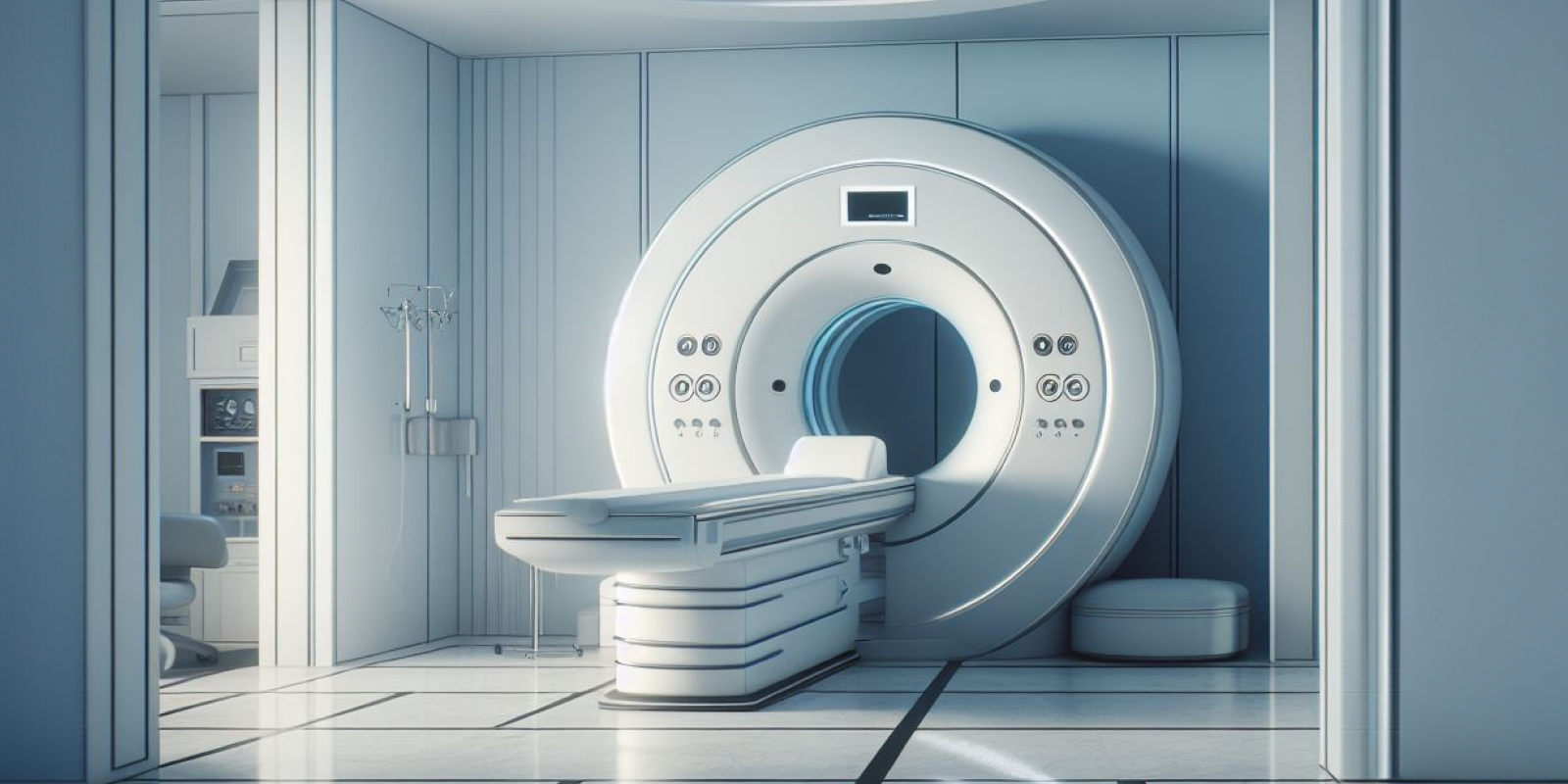Types of Spinal Cord Injuries
Spinal cord injuries (SCIs) are classified into two main types: complete and incomplete.
Complete Spinal Cord Injury: In a complete SCI, there is a total loss of sensation and motor function below the level of injury. This means that the affected area has no ability to move or feel.
Incomplete Spinal Cord Injury: In an incomplete SCI, there is some preservation of sensory or motor function below the level of injury. The extent of this preservation can vary widely, meaning that some individuals may retain more function than others.
Common Causes of SCIs in Car Accidents
Car accidents are a leading cause of spinal cord injuries. The impact during a collision can result in severe trauma to the spinal cord. Common causes of SCIs in car accidents include:
- High-Speed Collisions: These can cause significant damage due to the force involved.
- Rollovers: These accidents often result in the occupant being thrown around inside the vehicle, increasing the risk of spinal cord injury.
- Rear-End Collisions: The sudden jolt can cause whiplash and subsequent spinal cord damage.
- Side-Impact Collisions: These can lead to significant trauma to the spinal column and spinal cord.
Preventative Measures
Preventing spinal cord injuries begins with safe driving practices. Here are some key tips:
Wear Seat Belts: Always wear a seatbelt, and ensure all passengers do the same. Seat belts significantly reduce the risk of severe injury in an accident.
Adjust Headrests: Properly adjust headrests to support your head and neck, reducing the risk of whiplash.
Avoid Distractions: Do not use your phone or other distractions while driving. Focus on the road at all times.
Follow Speed Limits: Adhering to speed limits reduces the severity of accidents and the risk of spinal injuries.
Maintain Your Vehicle: Regular maintenance ensures your vehicle is in good working condition, preventing mechanical failures that could lead to accidents.
Steps After the Accident
If you are involved in a car accident, taking the right steps can help prevent further injury and ensure you receive the necessary medical attention.
- Ensuring Safety and Calling for Emergency Help: Immediately check for injuries and call emergency services. Make sure everyone is safe and away from further harm.
- Avoiding Movement to Prevent Further Injury: If someone has a suspected spinal injury, do not move them. Movement can worsen the injury. Wait for emergency responders who are trained to handle such situations.
- Providing Critical Information to First Responders: When help arrives, provide them with all the necessary information about the accident and any symptoms you or others are experiencing.
- Documenting the Scene and Gathering Evidence: Take photos and notes about the accident scene, including the positions of the vehicles, any visible injuries, and other relevant details. This documentation can be vital for insurance claims and legal actions.
- Consult with Fielding Law: After addressing immediate medical needs, consult with Fielding Law to understand your legal rights and options. Our experienced attorneys can help you navigate the complexities of personal injury claims and ensure you receive the compensation you deserve.
About Fielding Law
Spinal cord injuries from car accidents can have life-altering consequences. Understanding the types of injuries, common causes, and preventative measures can help you stay safe on the road. However, if an accident does occur, knowing the appropriate steps to take can prevent further injury and ensure you receive the necessary help and legal support.
If you or a loved one has suffered a spinal cord injury in a car accident, contact Fielding Law for a free consultation. Call 833.88.SHARK today. Our compassionate and skilled team is here to support you every step of the way.
Note: Information provided is for educational purposes and does not constitute legal advice. Always consult with a qualified attorney for legal concerns.





